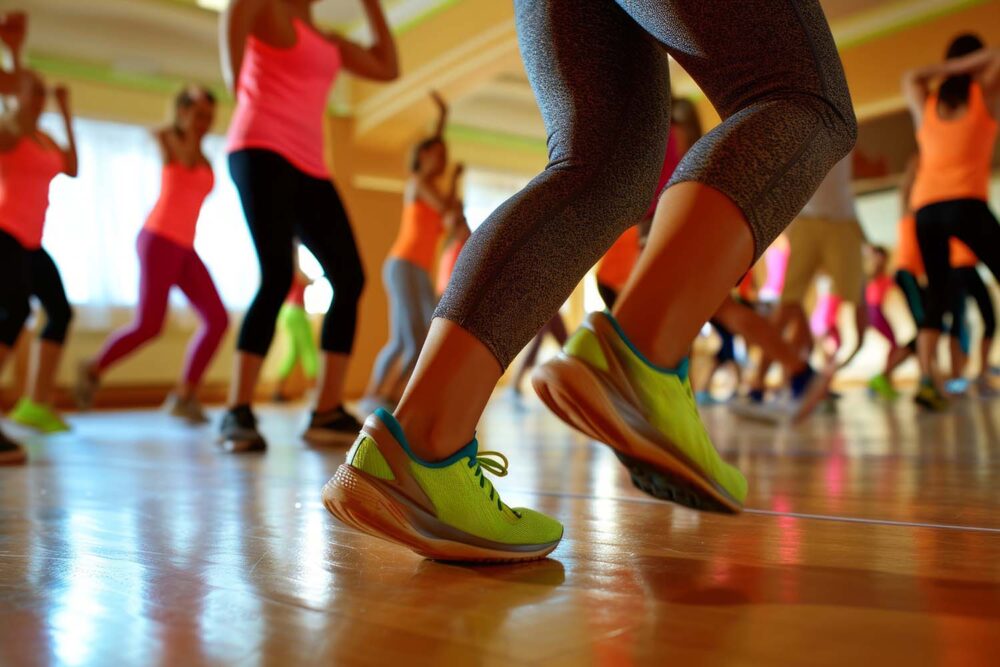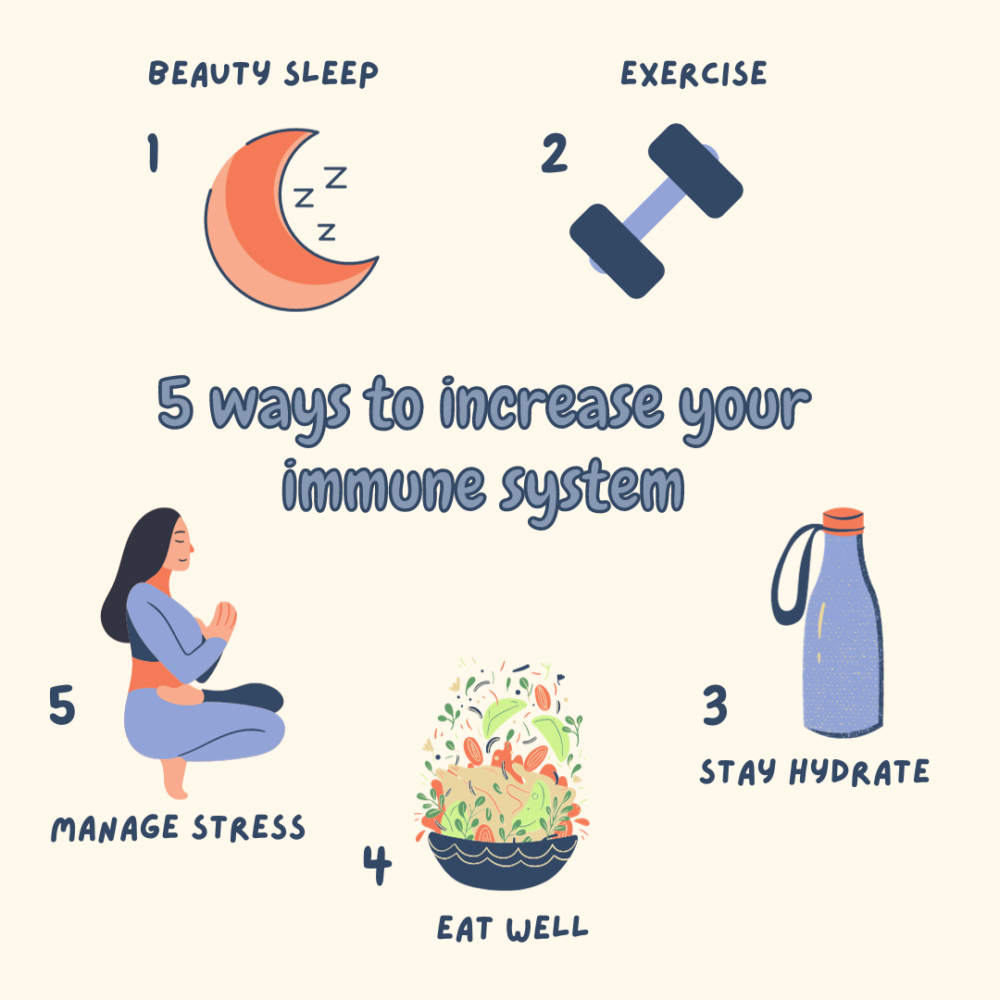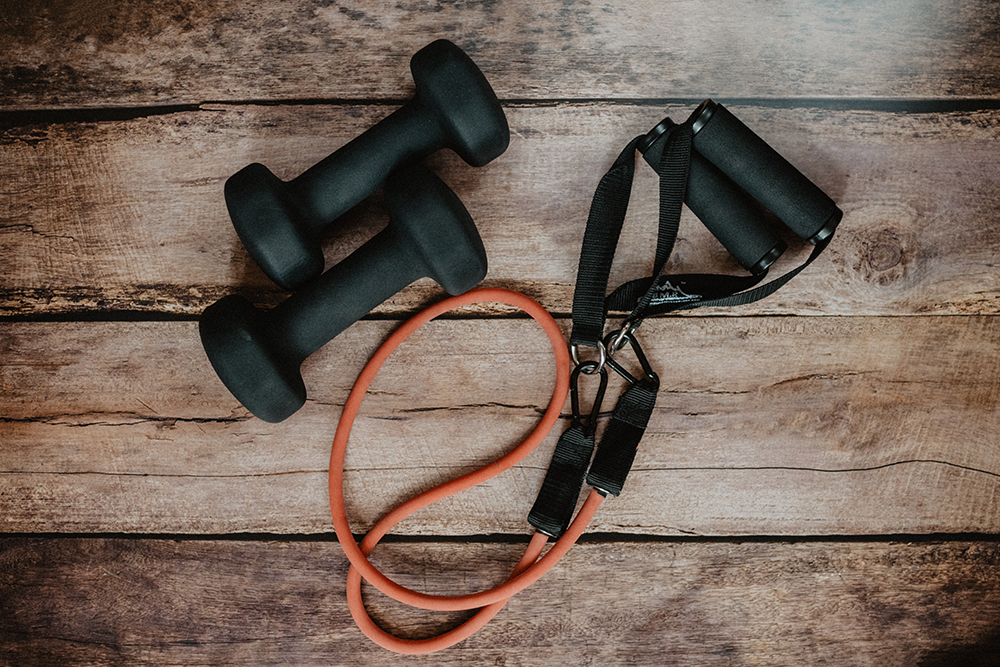The Joy of Movement: The Benefits of Dance Cardio
At EA Fitness, we believe movement is a celebration—not a chore. And what better way to reconnect with that joy than through dance cardio aka Zumba?
Whether you’re swaying to the rhythm, breaking a sweat with upbeat choreography, or simply letting go in your living room, dance cardio offers more than just physical benefits. It’s a full-body, heart-lifting experience that brings vitality and presence into your day.
Why Dance Cardio?
Dance cardio blends rhythm, music, and movement into a fun and freeing workout that boosts both your body and mood. It’s not about nailing every step—it’s about moving with joy, expressing yourself, and letting go of tension.
Here are just a few reasons to make dance cardio part of your wellness routine:
1. It Elevates Your Mood
Dance naturally releases endorphins, those feel-good hormones that help reduce stress and boost happiness. It’s one of the fastest ways to lift your spirits and shake off the day.
2. It’s a Heart-Healthy Workout
Dance cardio keeps your heart rate up, which supports cardiovascular health, improves endurance, and helps regulate blood pressure. Think of it as joyful cardio that doesn’t feel like cardio.
3. It Sharpens the Mind
Following choreography—no matter how simple—boosts brain function, coordination, and memory. It’s a great way to stay mentally agile while having fun.
4. It’s a Moving Meditation
When you’re immersed in the music, movement becomes meditative. Dance encourages presence, self-expression, and body awareness—a perfect complement to yoga, mindfulness, or energy healing practices.
5. It Builds Confidence + Body Positivity
Dance invites you to move with your whole self—there are no mirrors, no pressure, and no “perfect” form. Just rhythm, expression, and community. Over time, this builds confidence and a deeper sense of connection to your body.
6. Balance is Key: Pair with Strength + Mobility Training
While dance cardio is energizing and fun, your body thrives on balance. To prevent injury, improve posture, and build sustainable strength, it’s essential to pair dance with strength and mobility training. Together, they create a foundation for resilience, longevity, and full-body wellness.
Make It Part of Your Flow
Whether you’re new to movement or a seasoned dancer, dance cardio is for everyone. At EA Fitness, our virtual Zumba and movement dance classes are designed to be energizing, accessible, and fun. No experience needed—just a willingness to move.
Try a class, turn up the music, and let yourself feel the joy of movement.
Because fitness doesn’t have to be serious—it can be soulful, sweaty, and full of smiles.






